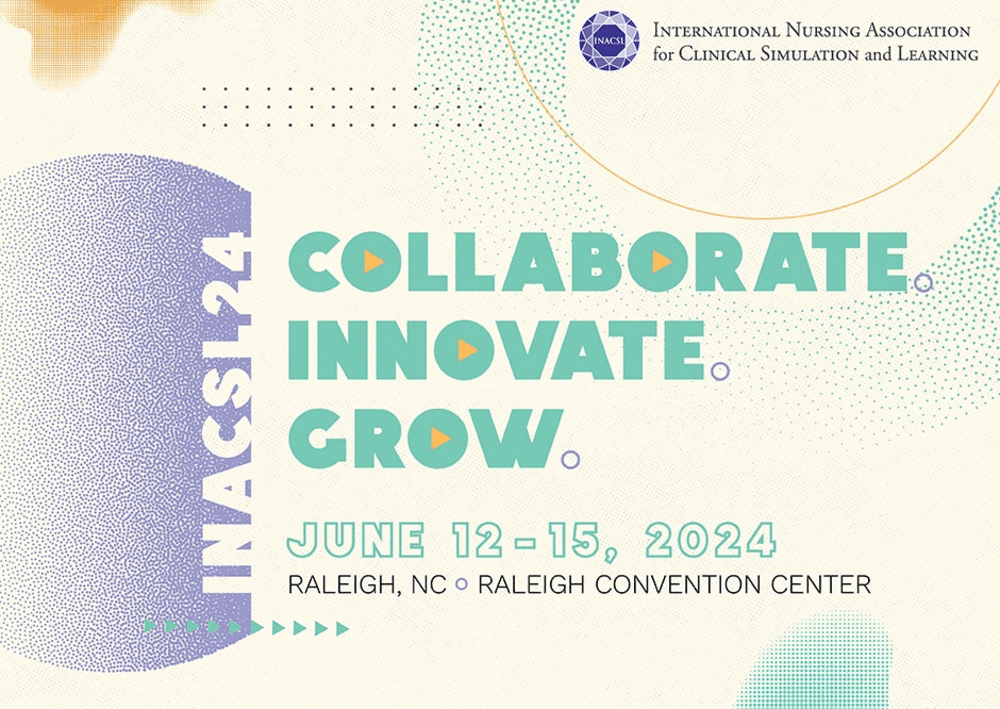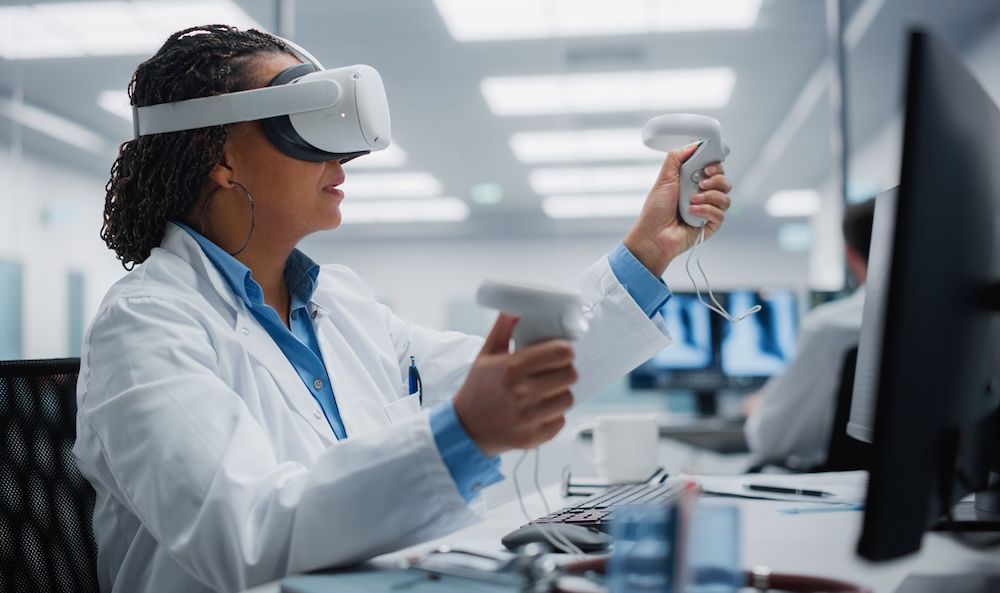This website uses cookies so that we can provide you with the best user experience possible. Cookie information is stored in your browser and performs functions such as recognising you when you return to our website and helping our team to understand which sections of the website you find most interesting and useful.
INACSL
INACSL news, nursing simulation updates and more from the International Nursing Association for Clinical Simulation and Learning non-profit organization.
View all categories in the Healthcare Simulation Index
-

How to Map Clinical Simulation Into the Curriculum in Competency-Based Education
Purposeful integration of clinical simulation in nursing education programs is essential to provide quality experiential learning opportunities for students. To…
-

Advanced Practice Registered Nurses (APRN) Nursing Simulation Resources
As the acceptance of nursing simulation has grown the conversation has changed from “Can we use clinical hours?” to “How…
-

Healthcare Simulation Research Update – August 2024
The field of healthcare simulation has made tremendous strides forward over the past several decades. One way this revolution is…
-

14 More Must-Know Healthcare Simulation Key Terms
Key terms in Healthcare Simulation are a core requirement to understanding the unique field. Here then are 14 more new…
-

Nursing Simulation Conference INACSL 2024 Celebrates New Attendance Record
The International Nursing Association for Clinical Simulation and Learning (INACSL) non-profit organization holds their annual conference each year in June.…
-

Enhancing Nurse Competency: The Power of Virtual Reality in Interprofessional Education
SimX VR allows for the assessment of clinical competency. In the dynamic healthcare landscape, where patient care demands are constantly…
-

Global Medical Simulation News Update April 2024
Each month, HealthySimulation.com provides recaps of all the latest healthcare simulation industry news from around the world. This news includes…
-

NLN Simulation Innovation Resource Center (SIRC) Homegrown Solutions
HomeGrown Solutions was created by education professionals to address problematic issues in healthcare simulation. In 2007, Meg Meccariello presented low-cost…
-

Nursing Simulation Interviews Promote Attendance for INACSL 2024
INACSL hosts an annual conference for nursing simulation educators, researchers, and simulation operation specialists. The International Nursing Association for Clinical…
-

Women in Healthcare Simulation Leadership: 2024 Virtual Workshop
The 2024 Women in Leadership (WIL) Symposium is scheduled virtually for May 15 from 10 AM to 3:00 PM EDT,…
-

Virtual Reality Simulation in Pharmacy
Virtual Reality in healthcare simulation has grown exponentially since Covid – 19 pandemic. Healthcare Simulation has been incorporated into the…
-

Healthcare Simulation Research Update November 2023
The field of healthcare simulation has made tremendous strides forward over the past several decades. One way this revolution is…

